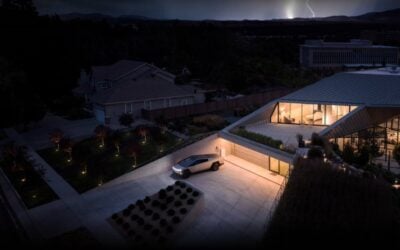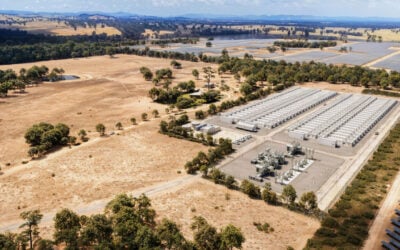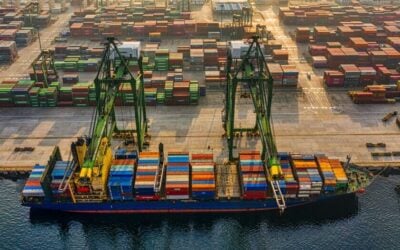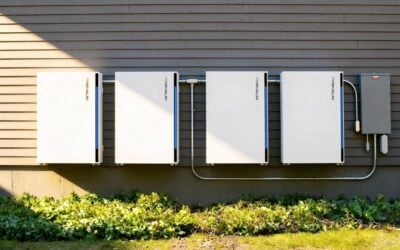A123 batteries in a truck. Image: A123.
Battery and storage system maker A123 will double its production output to 1.5GW through a capital expansion plan worth more than US$300 million, the initial phase of which the company says has already begun.
The company, headquartered in Michigan, US, with offices and manufacturing facilities in the states and China, is the latest producer of lithium batteries to announce gigawatt-scale manufacturing ambitions. China’s BYD recently alluded to plans to significantly increase its battery production from 10GWh to around 34GWh by 2020, while Tesla’s Gigafactory should be hitting 50GWh of battery packs annually by then, if all goes to plan.
A123 claims that it already expects demand for its batteries, which the company makes for the EV and hybrid vehicle markets, to increase by 50% this year. Over the next three years, A123 said, it will expand its two production plants in China as well as its fab in Michigan, all of which are running at full capacity, the company claimed. The first US$100 million of a capital expansion drive is already underway, it said, while the three year ramp up will see more than another US$200 million invested.
The expansion plans are not limited to battery pack manufacture, but also include new products and services such as low voltage hybrids, commercial vehicles and plug-in EVs. A123 uses a number of lithium sub-chemistries and touts its proprietary, trademarked Nanophosphate chemistry of lithium-iron phosphate among its range.
Try Premium for just $1
- Full premium access for the first month at only $1
- Converts to an annual rate after 30 days unless cancelled
- Cancel anytime during the trial period
Premium Benefits
- Expert industry analysis and interviews
- Digital access to PV Tech Power journal
- Exclusive event discounts
Or get the full Premium subscription right away
Or continue reading this article for free
A123 was previously also involved in stationary storage for large-scale applications but sold this arm of the company, A123 Energy Solutions, to NEC, which rebranded the division NEC Energy Solutions (NEC ES). While they are not involved in all of the same markets directly as Tesla and BYD therefore, much has been made by analysts and industry figures of the mutual scope for cost reduction shared by lithium batteries for EVs as for the grid. A recent report by Lux Research looked closely at these topics with analyst Dean Frankel telling PV Tech Storage that there exists “a very strong relationship between electric vehicles and stationary storage by way of industry scale-up and in turn cost reduction”. Speaking in more general terms about battery production, Frankel also said that lithium-ion battery producers will have to scale-up to go beyond 1GWh of production capacity for the best possible cost reduction outcomes, but will hit a ceiling when they reach 10GWh.
Meanwhile German luxury car maker Daimler announced today that it will enter the stationary storage industry, through its subsidiary Deutsche ACCUmotive. The first large-scale project by the company has already been installed, Daimler announced last week.





